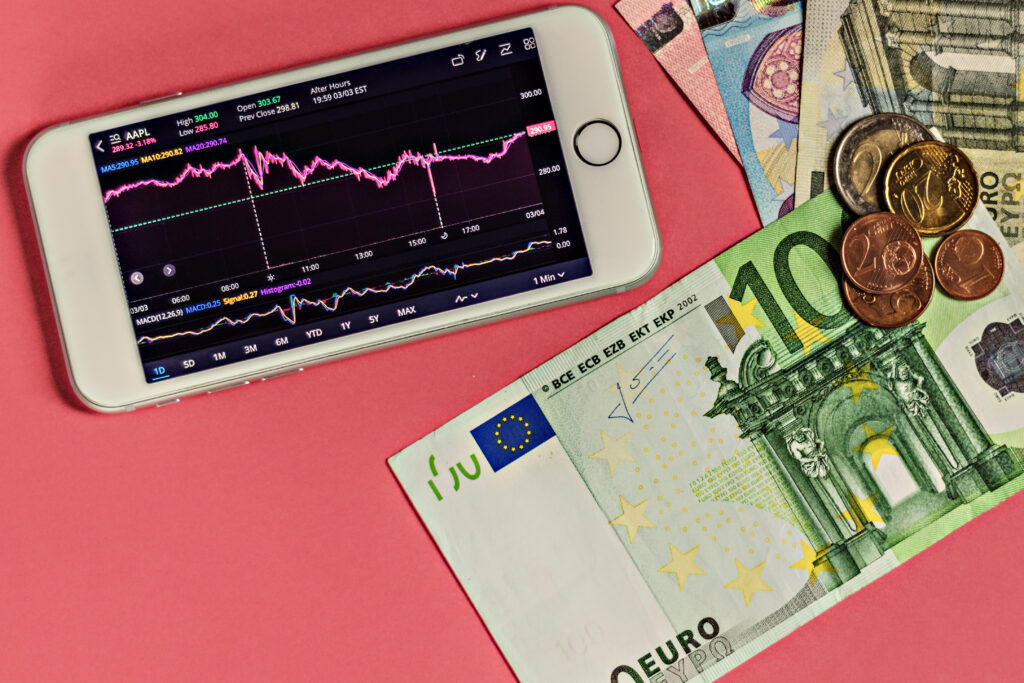Impact of Fintech Innovations on Forex Markets and Trading
Introduction
Fintech Innovations have dramatically reshaped the landscape of forex markets and global trading in recent years. What was once a domain driven by manual strategies and traditional brokerage systems has now transformed into a digital-first environment powered by speed, automation, and advanced technology. These innovations are not minor adjustments but a complete shift in how traders analyze, execute, and manage currency positions.
The impact of Fintech Innovations is evident across multiple areas of trading. Automated trading systems powered by artificial intelligence allow strategies to be executed with precision and in real time. Blockchain integration has introduced greater transparency and efficiency in transactions, reducing settlement delays and improving security. At the same time, mobile trading platforms, digital payments, and AI-driven analytics have opened the doors of forex to more participants, empowering retail traders with tools once available only to institutions.
These changes have also altered overall market dynamics. Liquidity, risk management, and price discovery are now shaped as much by technology as by economic fundamentals. Fintech Innovations are closing the gap between institutional players and individual traders, leveling the playing field while raising competition.
This article explores how Fintech Innovations are transforming forex trading, from automation and blockchain to mobile access and advanced analytics. By understanding these shifts, traders and investors can better adapt to a market that is becoming smarter, faster, and more interconnected every year.
Automated Trading: Efficiency and Accessibility
One of the most significant fintech contributions to forex trading is the development of automated trading systems. These systems use algorithms to execute trades based on predefined criteria, such as price movements or market trends. The efficiency and precision offered by automated trading have several advantages:
- Increased Efficiency: Automated systems can process vast amounts of data and execute trades much faster than a human trader.
- Reduced Emotional Trading: By eliminating emotional decision-making, these systems can potentially lead to more rational and consistent trading strategies.
- Accessibility for Amateurs: Automated trading has democratized forex trading, allowing amateur traders to participate without extensive market knowledge.
Despite these advantages, automated trading also poses risks like potential over-reliance on algorithms and the amplification of market volatility due to high-frequency trading.
Blockchain in Forex: Transparency and Security
Blockchain technology, best known for underpinning cryptocurrencies, is also making waves in the forex market. Its decentralized nature offers two primary benefits:
- Enhanced Security: Blockchain’s decentralized and encrypted nature makes it extremely difficult to tamper with transaction records, thus enhancing the security of forex transactions.
- Increased Transparency: Every transaction on a blockchain is recorded on a public ledger, providing unparalleled transparency in forex trades.
Moreover, blockchain is paving the way for the emergence of new types of digital assets and currencies, potentially transforming forex markets further.
Reshaping Market Dynamics
Fintech innovations are not just tools but catalysts that are reshaping market dynamics in several ways:
- Market Efficiency: Advanced algorithms and artificial intelligence (AI) are improving market efficiency by quickly processing and acting on market data.
- Global Participation: Fintech has lowered entry barriers, enabling traders from diverse geographical locations to participate in forex markets.
- Regulatory Challenges: As fintech evolves, regulators are challenged to keep pace, leading to a dynamic interplay between innovation and regulation.
Challenges and Risks
While fintech innovations offer numerous benefits, they also bring challenges and risks:
- Regulatory Compliance: Keeping up with diverse and evolving regulatory frameworks can be a significant challenge for fintech in forex markets.
- Security Risks: Despite the security enhancements of technologies like blockchain, the digital nature of fintech solutions makes them susceptible to cyberattacks.
- Market Disruptions: High-frequency trading and algorithm-driven decisions can lead to market disruptions, such as flash crashes.
The Future of Forex Trading with Fintech
Looking ahead, fintech is poised to continue its transformative impact on forex trading. We can expect further advancements in AI and machine learning, leading to more sophisticated trading algorithms. The integration of blockchain will likely continue, potentially giving rise to new digital currencies and trading platforms.
Conclusion
The impact of fintech on forex markets and trading is profound and multifaceted. From automated trading systems increasing efficiency to blockchain enhancing security and transparency, these innovations are reshaping the very fabric of the forex market. While challenges and risks remain, the ongoing evolution of fintech promises to continue revolutionizing forex trading, making it more accessible, efficient, and secure. As the landscape evolves, traders, regulators, and technology providers must adapt to these changes, ensuring that the forex market continues to thrive in this new era of digital finance.
Read our latest article on BOE’s Monetary Policy
FAQs
1. What is fintech?
Fintech, short for financial technology, uses technology to deliver innovative financial products and services, such as mobile payments, lending apps, and blockchain solutions.
2. How are fintech innovations changing banking?
Fintech innovations challenge traditional banks by offering faster, more affordable, and more convenient services, pushing banks to improve digital platforms and customer experience.
3. What are examples of fintech innovations?
Examples include peer-to-peer lending platforms, robo-advisors, digital wallets, and cryptocurrencies like Bitcoin.
4. Are fintech innovations secure?
Most fintech companies use encryption, biometrics, and strong authentication to protect transactions. Still, users should practise safe cybersecurity habits.
5. How do fintech companies make money?
They earn through transaction fees, subscriptions, partnerships, and in some cases, data-driven services.
6. Can I trust fintech platforms with my information?
Yes, if they are regulated and well-established. Look for platforms with strong security policies and compliance certifications.
7. Are fintech innovations accessible to underserved populations?
Yes, fintech helps people without traditional bank access by offering mobile-based financial services.
8. What is blockchain’s role in fintech innovation?
Blockchain enables secure, transparent ledgers used in cryptocurrencies, smart contracts, and supply chain finance.
9. How can fintech benefit small businesses?
Fintech solutions provide easier financing, faster payments, and tools to manage business finances more efficiently.
10. Are fintech innovations regulated?
Yes, they are regulated differently across countries to ensure consumer protection, stability, and compliance.
Click here to read more on forexsignals.best




